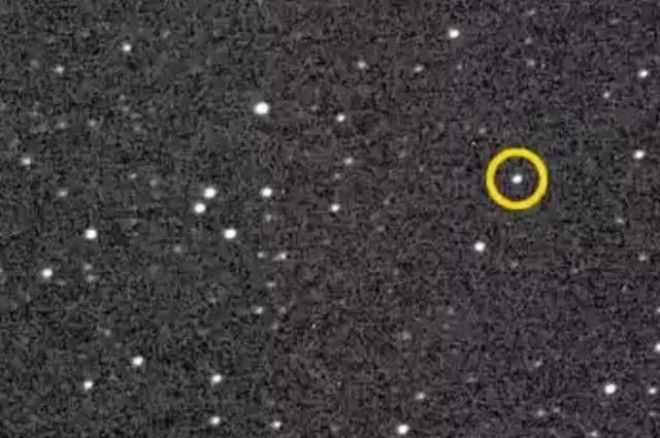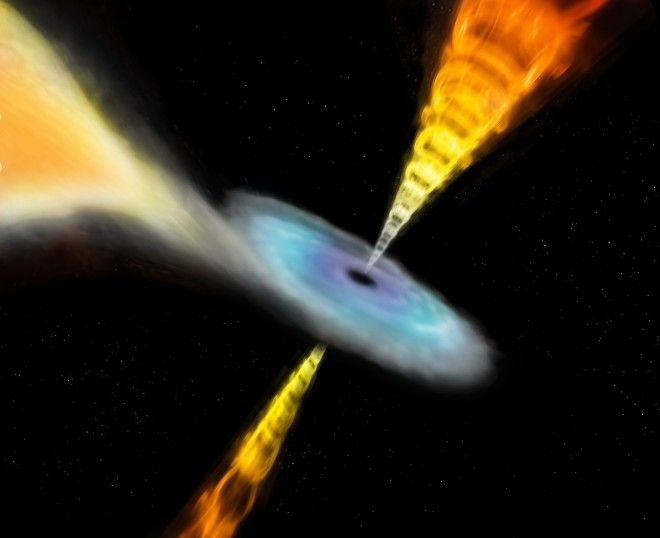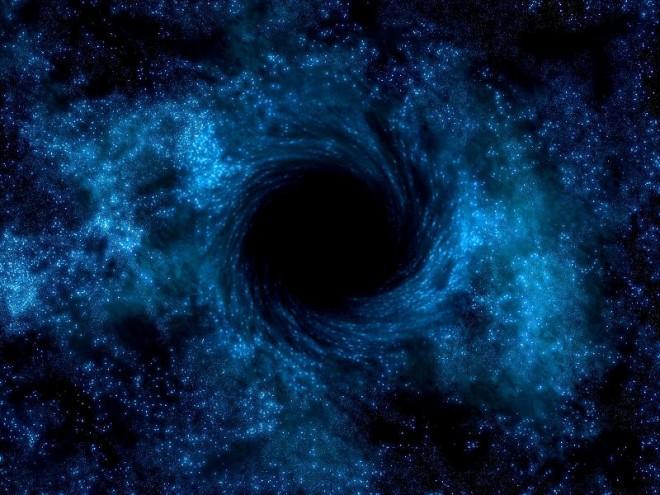
In a cosmic first, astronomers have spotted visible light coming from a black hole during a violent outburst of energy. The discovery, made
from observations of a nearby black hole binary called V404 Cygni, suggests other black holes could be studied in this way – with nothing more than a backyard telescope.
This research was led by astronomers from Kyoto University, published in Nature, and presented at the American Astronomical Society meeting in Florida last week. On June 15, 2015, the black hole "woke up" after 26 years of being dormant, emitting an outburst of energy. Usually, astronomers observe these events in other wavelengths such as X-rays or gamma-rays.
But on this occasion, the astronomers found that telescopes spotted noticeable flashes of light coming from the black hole as it remained active for two weeks, with some of the flashes lasting minutes to hours.
Amazingly, among the telescopes used, some had a lens as small as 20 centimeters (8 inches) – a size the average person could easily get hold of themselves.
"We now know that we can make observations based on optical rays – visible light, in other words – and that black holes can be observed without high-spec X-ray or gamma-ray telescopes," explained lead author Mariko Kimura, a master's student at Kyoto University, in a statement.

An artist's impression of a black hole binary
Of course, the singularity at the center of a black hole isn’t emitting light, where gravity is so strong not even light can escape. The light is originating from the disk of heated material swirling around the black hole. In particular, X-rays from the innermost region of the accretion disk emerge and heat the outer region of the disk, causing it to emit optical (visible) rays.
An international collaboration was needed to make the findings. "Stars can only be observed after dark, and there are only so many hours each night, but by making observations from different locations around the globe we're able to take more comprehensive data," said co-author Daisaku Nogami. "We're very pleased that our international observation network was able to come together to document this rare event."
So, dust off that telescope you got for Christmas. You might just be able to find yourself a black hole lurking somewhere in the universe.

